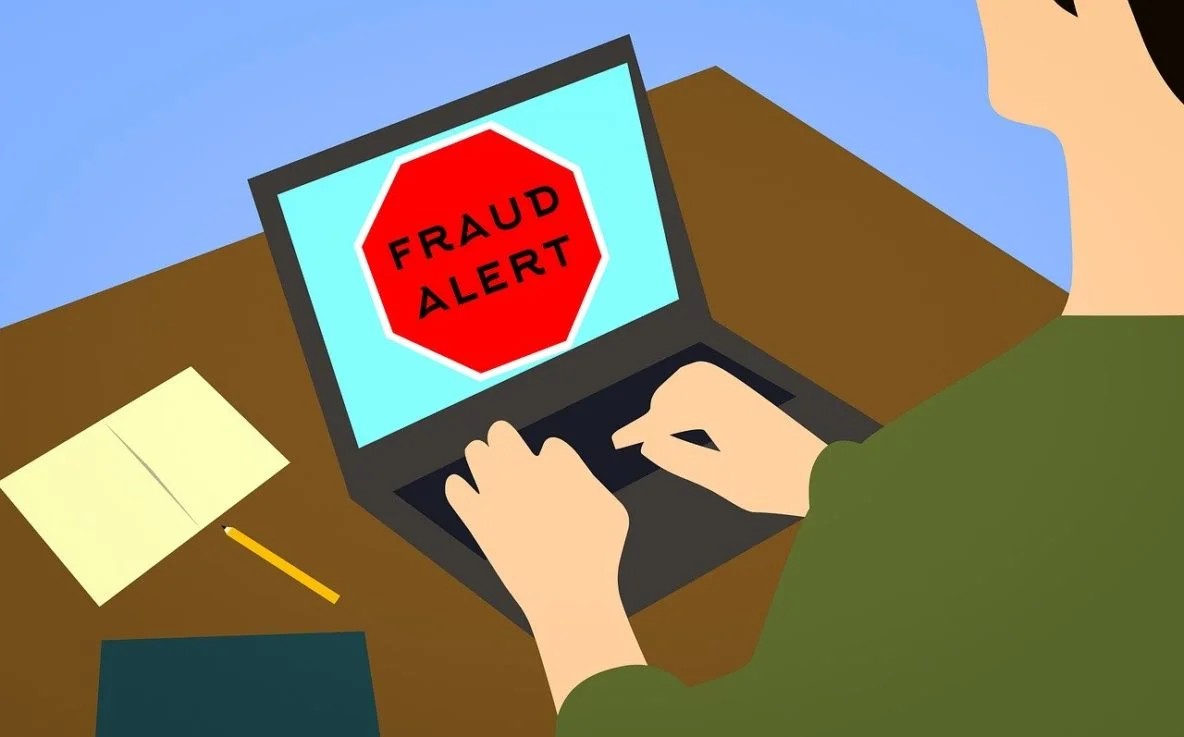Getting scammed shakes your gut. It makes you doubt your instincts, replay every step, and wonder where your confidence disappeared to. But if you don’t share the story, someone else might fall into the same trap. So here I am, writing this—not just for me, but for you.
It started with a job advert sent by a colleague. Everything about it looked perfect. The qualifications matched me exactly, and like anyone chasing a dream, I gave it a shot.
Minutes after applying, I received a phone call from someone claiming to be part of the hiring team. That excitement? That rush? It was exactly what scammers feed on. If there's one lesson I learned quickly: Too-good-to-be-true responses should always raise an eyebrow.
They asked for personal information immediately—before any interview had been scheduled. At the time, it felt normal. Today I know better: Urgency is the enemy of clear judgment. I believed I was lucky. But really, I was being targeted.
What followed was a series of smooth-talking phone calls, each one drawing me in deeper. I began spending money I hadn’t planned for, chasing “document processing fees,” with no idea I was being played.
I didn't have certain documents they claimed were essential, and I was introduced to someone supposedly “connected” to a government office who could help.
They were feeding me professionalism, status, and fake credibility. Turns out, scammers are good at impersonating legitimacy—and first-time job seekers like me are especially vulnerable.
After more calls and more payments, I was told I’d been shortlisted. I was so thrilled... until I was asked to send in a small token of appreciation. That phrase—that casual request—was my wake-up call. No legitimate employer ever asks for payment. Ever.
When I couldn’t send the money, things stalled. I questioned more. That hesitation, surprisingly, saved me.
The sad truth? You don’t know you’ve been scammed until the damage is done. It's not just the money—it’s the peace of mind, the self-doubt, the quiet shame. I was lucky to catch on before things got worse. Others might not.
But here’s what I want to leave you with: scammers today don’t just target your bank account—they target your dreams. They play on your urgency, your ambition, your hope. And if my experience teaches anything, it’s this—ask questions, move slowly, and always trust your inner hesitation.
So the next time you get that perfect job lead, that instant reply, or that request for money... pause. It could be the beginning of your own scam story.
